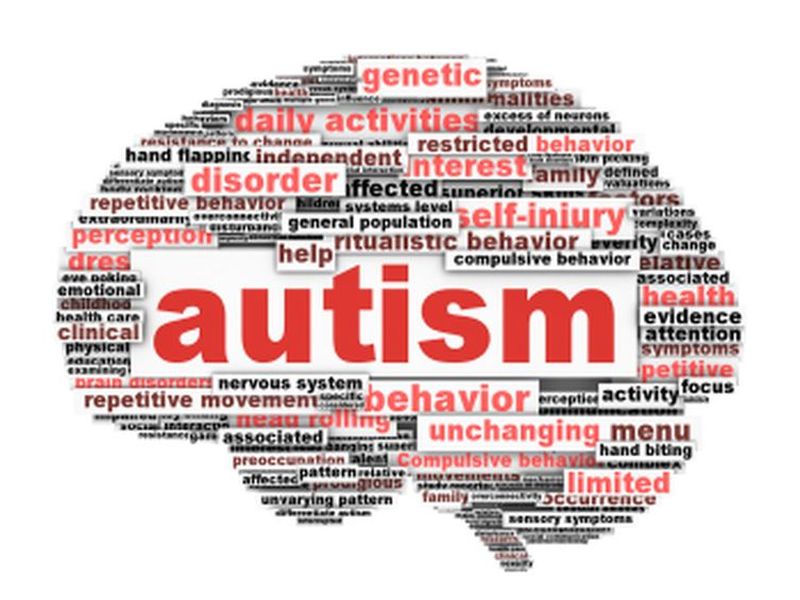
Friday, August 5, 2016

FRIDAY, Aug. 5, 2016 (HealthDay News) -- Children diagnosed with autism before age 4 are more likely to get behavioral therapy and less likely to be treated with drugs than those diagnosed later on, a new study says.
There is strong evidence that behavioral therapy directed at core symptoms such as poor social skills and inflexible behaviors is an effective treatment. And, such therapy may offer long-term benefits for patients' functioning, according to an American Psychiatric Association news release about the study.
Other treatments -- including medications such as antidepressants, attention deficit hyperactivity disorder (ADHD) drugs and complementary and alternative therapies such as nutritional supplements -- are not as strongly supported by research, the study authors said.
The researchers, led by Dr. Katharine Zuckerman, a pediatrician at Oregon Health & Science University, looked at data on 722 children between the ages of 6 and 11 with autism. On average, their parents discussed developmental concerns with a health care provider when the child was just over 2 years old, and the average age at autism diagnosis was more than 4 years of age.
Children diagnosed before age 4 were more likely to receive behavioral therapy. Those diagnosed later were more likely to be treated with medications, the study found.
The researchers also found that the use of complementary and alternative therapies was nearly twice as likely when more than two years had elapsed between initial discussions and diagnosis.
The findings suggest that earlier diagnosis may lead to greater use of behavioral therapy and better outcomes for children with autism, Zuckerman and her colleagues concluded.
The study was published online Aug. 1 in the journal Psychiatric Services in Advance.
The American Academy of Pediatrics recommends all children be screened for autism at 18 months and at 24 months, but only about half of primary care doctors do so. The average age of autism diagnosis in the United States is more than 4 years old, the study authors said.
SOURCE: Psychiatric Services in Advance, news release, Aug. 1, 2016
HealthDay
Copyright (c) 2016 HealthDay. All rights reserved.
News stories are provided by HealthDay and do not reflect the views of MedlinePlus, the National Library of Medicine, the National Institutes of Health, the U.S. Department of Health and Human Services, or federal policy.
- More Health News on:
- Autism Spectrum Disorder




























.jpg)












No hay comentarios:
Publicar un comentario